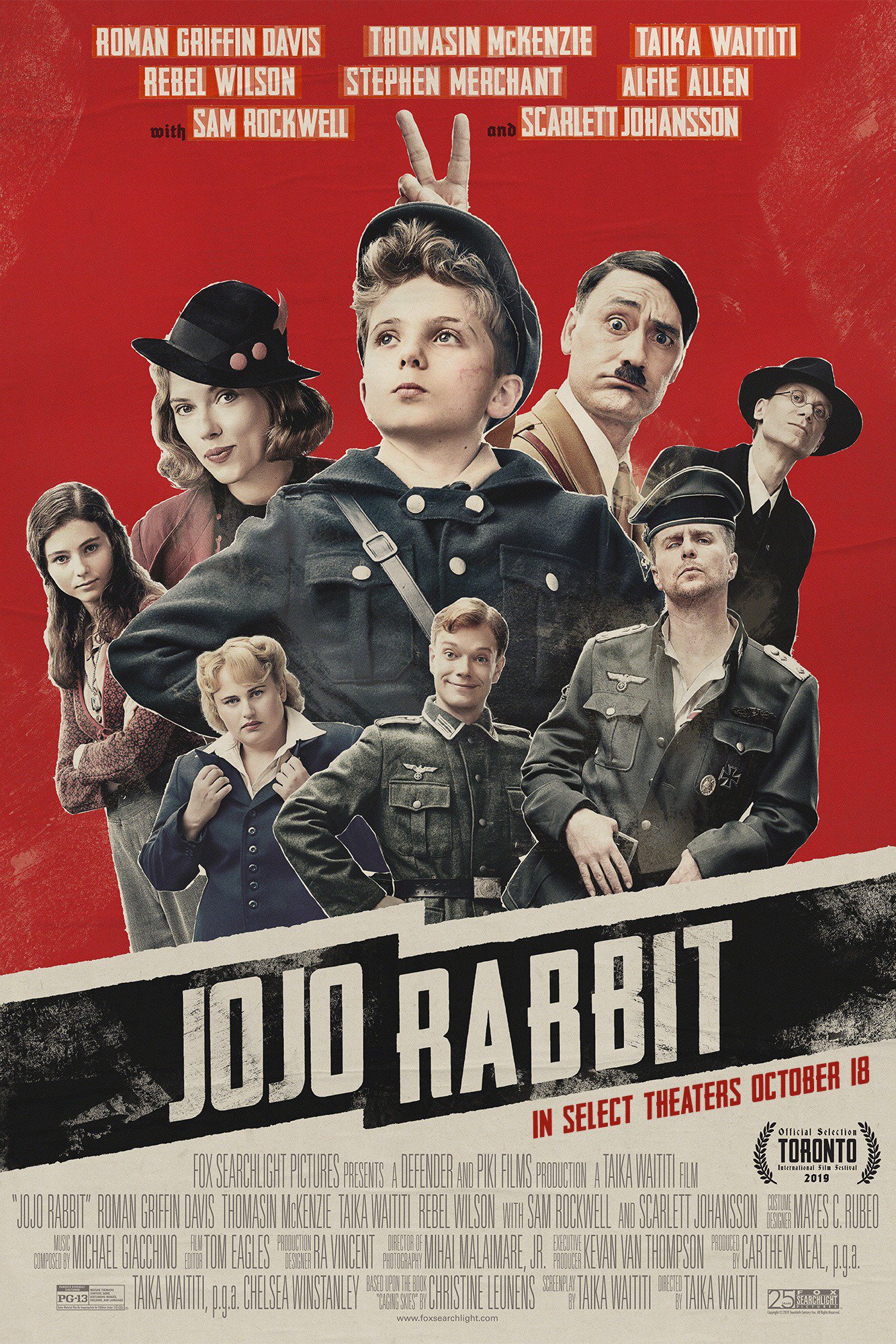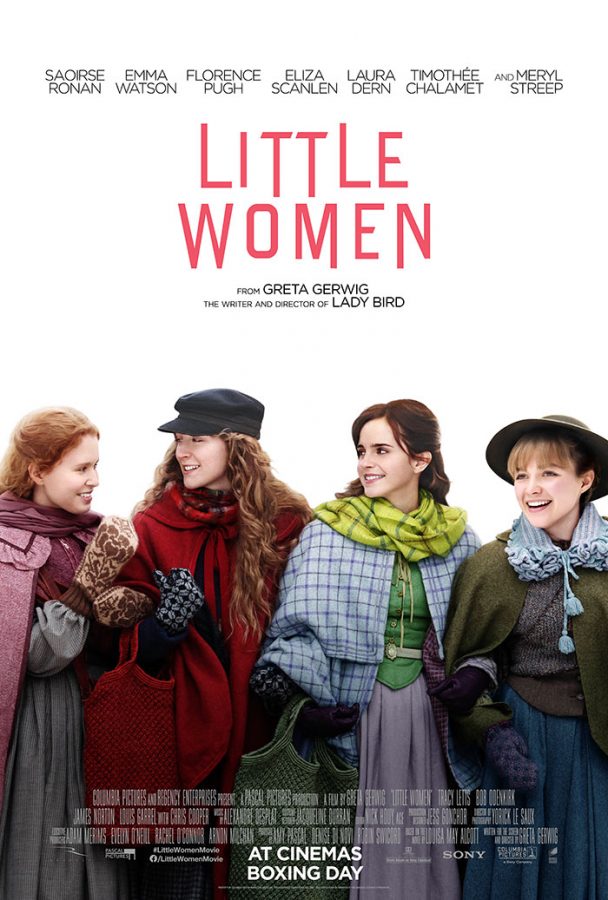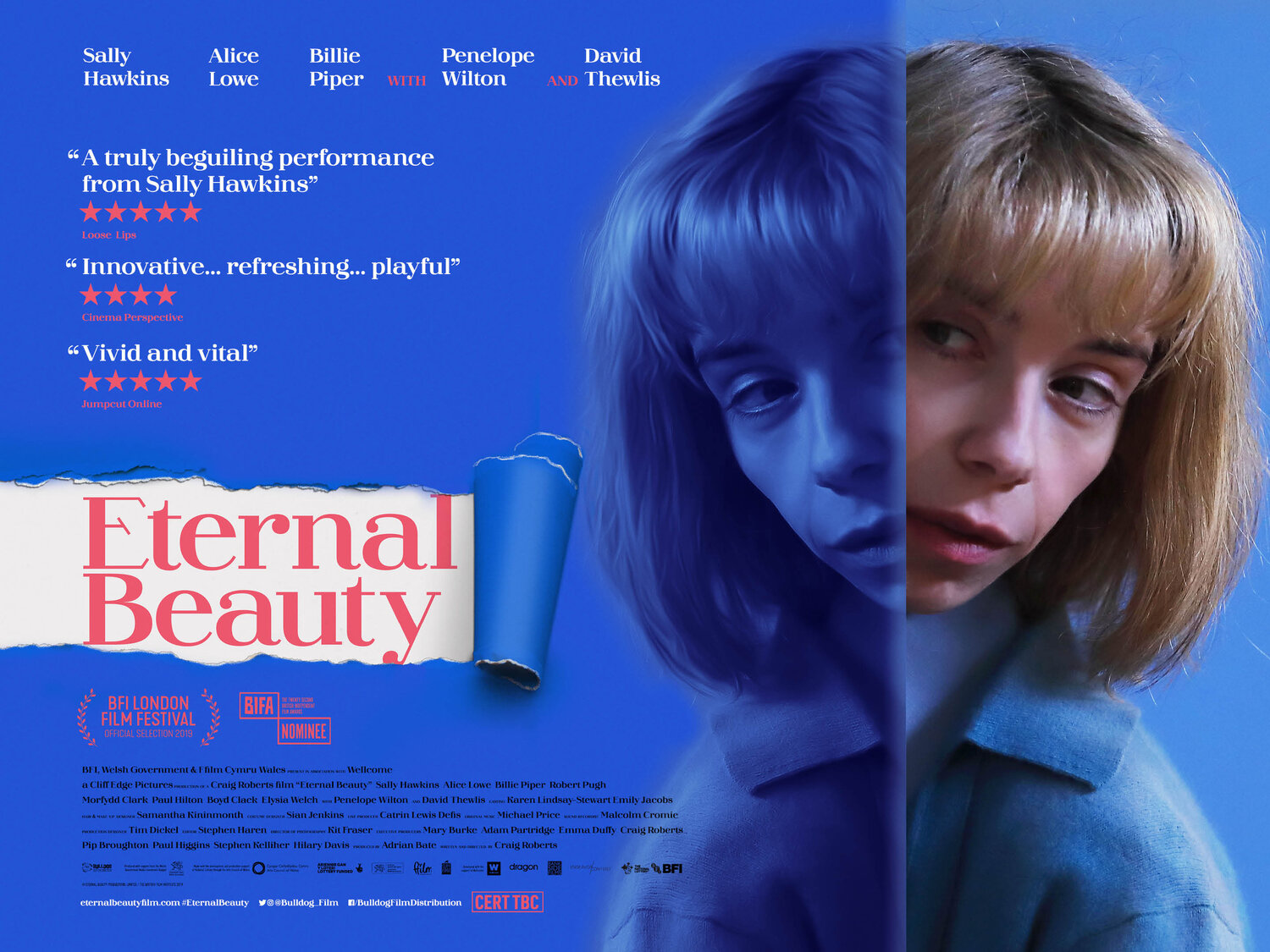In a year of closed cinemas, cancelled releases and straight-to-streaming services (I haven't got any of these), contemporary film-viewing was somewhat challenging. Nevertheless, I persisted, and watched 77 films this year, about a third of which (25) were released in 2020 in Australia. Once again the 'rules': I have to have seen the film; It has to have been released in 2020 in the country in which I was living; the films are listed in alphabetical order; I can have more than five if I want to; there will be honourable mentions.
Best Films of 2020
- 1917 - 'Do we really need another war film?', I thought to myself. The answer is yes, if it's directed by (Sir) Sam Mendes, a man who understands both acting and spectacle. He brings all the tricks of the stage to this brilliant drama. Part war story; part epic quest; part folk narrative; part natural cycle; part spiritual journey, with fantastic cameos (Colin Firth; Andrew Scott; Mark Strong; Benedict Cumberbatch; Jamie Parker) to complement the superb leads. And the single shot cinematography is sensational and works wonderfully to interpret the tension. Our heroes and saviours are not knights and generals but ordinary folk.
- Jojo Rabbit - With moments of exquisite pathos and almost painful black humour, Taika Waititi has directed a piece of brilliance. Young Jojo (Roman Griffin Davis) tries to come to terms with the changing political events in Nazi Germany while trying to become a grown up, belong to a group, and retain humanity and empathy - not so very easy when your imaginary friend is Hitler (Taika Waititi) and your mother (Scarlett Johansson) is secretly sheltering a Jewish girl (Thomasin McKenzie) in the attic. Sam Rockwell brings sensitivity and humour to the deeply flawed Captain Klenznedorf, with Rebel Wilson striking the only wrong note as her performance is tonally out of tune with the rest of the cast. The film is amazing: funny and poignant and shocking and absurd. I loved it!
- The Lighthouse - A black and white masterpiece of acting (Robert Pattinson; Willem Defoe) and direction (Robert Eggers), as two men attempt to retain their sanity while living at a remote lighthouse in New England in the 1890s. The cinematography (Jarin Blashke) remains tight as the mentality unravels, and the soundscape (Damian Volpe) is exquisite and intense. Hallucinations and judicious editing (Louise Ford) nudge the picture towards horror, and thoughts of romantic getaways to lighthouse keepers' cottages are left far behind.
- Les Misérables - It’s so much better without the songs... Heart-racingly brilliant with such tension and angst, I’m not sure I breathed for the last hour. A gendarme from the provinces (Damien Bonnard) joins an established and corrupt duo of street-wise policemen (Alexis Maneti and Djebril Zonga) in the inner-city suburb of Paris where Victor Hugo wrote his famous novel. The divisions of race, class, and effects of poverty on perception of crime are as relevant now as then, and metaphors abound as we see things from different perspectives (drones above and staircases below). This began as a short film (also written and directed by Ladj Ly) from 2017, and has extended into this 104-minute picture. Not one of those minutes is wasted.
- Little Women - I used to think I was Jo; now I'm worried I may have been Amy. I didn't think I needed to see yet another version of Little Women, but this was a touching and heartfelt adaptation: beautifully acted (Saorise Ronan; Emma Watson; Florence Pugh; Eliza Scanlon; Laura Dern; Timothée Chalomet) and directed (Greta Gerwig). Yes, I read it as a child and am invested in the story, but I always felt the ending was a cop-out and it raised my emerging feminist ire; this adaptation reassigns motives and I am happier with it (although my thoughts on whether to create art or children probably remain controversial). Moving the timeline around brings a fresh perspective (many purist critics dislike it and that's understandable, but it is an adaptation not a slavish recreation); it makes the women more active in their own stories rather than being responsive to events that happen to them. On a totally related note: I love and miss my sisters so much.
- The Personal History of David Copperfield - The novel is a mad caper and so is the film, full of joy and charm and picaresque moments. Again, as an adaptation, it cannot hope to cram everything in, but director Armando Iannucci certainly knows what he's doing. He is assisted by a spectacular cast including Dev Patel (as the titular character), Hugh Laurie, Daisy May Cooper, Peter Capaldi, Tilda Swinton, Ben Wishaw and Paul Whitehouse, who all bring zest and energy to their roles. Iannucci and co-writer Simon Blackwell handle the tale with respect and reverence, tweaking bits here and there for a contemporary audience while never losing sight of the importance of a boy growing into a young man through learning and education, which are not the same thing.
Special mentions:
The Big Step (Il Grande Passo) - Beautiful and gentle story written and directed by Antonio Padovan about estranged brothers (Guiseppe Battiston and Stefano Fresi) who find a friendship and commonality while trying to deal with abandonment, rejection and an obsession with the moon. The storytelling is simple and improbable, encouraging us to dream big and aim high.
Blithe Spirit - The latest film adaptation (directed by Edward Hall) of Blithe Spirit is utterly delightful with alterations to bring in the artifice and essential distractions of the film world (including that obvious reference in the final scene). Charles Condomine (Dan Stevens) and his wives (Isla Fisher and Leslie Mann) exhibit the arch and superficial perfection of the period piece rather marvellously, and design elements, set, costumes, hair and makeup are all glorious. Some won’t like the modifications to the script (I understand their reservations: I can be a bit like that with Shakespeare, where I don’t enjoy changes just for the hell of it, or to ‘engage new audiences’), but I felt the surface-charm-with-darker-edges aspect of this film is in keeping with the ‘spirit’ of Noel Coward’s original. As for Dame Judi’s performance, which some have dismissed as lazy, that seems churlish. Her characterisation displays warmth, enthusiasm, confusion, bravado, humility, sensitivity and a dash of eccentricity. She may not be the most sprightly Madame Arcati I’ve ever seen, but if I could turn out a performance like that when I’m 85 and legally blind, I would be happy.
Corpus Christi Despite being bookended by brutal acts, there are moments of deep reflection in this film. Daniel (Bartosz Bielenia) is a young man pretending to be a priest in a small Polish village rather than face his probationary position as a convicted criminal. As he soothes the sick and navigates toxic conflicts in the community, his actions raise questions of penance and punishment; reconciliation and redemption; atonement and absolution. The subtlety of acting, design and direction (Jan Komasa) allow the themes to shine through and the questions remain unanswered long after the film has finished.
Coyote Lake - In this highly-limited-release picture, Ester (Camila Mendes) and her overbearing mother, Theresa (Adriana Barraza) run a remote bed and breakfast near the US/Mexico border for desperate travellers. When two unwanted guests, Mario (Charlie Weber) and Dirk (Neil Sandilands) turn up with additional problems, things get frightening. Beguilingly seductive and chilling, this is a captivating debut thriller from writer/director Sara Seligman.
Eternal Beauty - Written and directed by Craig Roberts, this was billed as 'a comedy in which a woman recovers from a breakdown by finding love and life with surprising results'. This may be the worst description ever. I watched it as a Friday night light and fluffy entertainment option. Big mistake! It's a painfully sensitive depiction of schizophrenia and trying to make sense of a modern world when everyone else seems to think you're the mad one. Sally Hawkins, David Thewlis, Penelope Wilton and Billie Piper are all remarkable, and it left me sobbing on the sofa. Cheers, and you're welcome.
Eurovision Song Contest: The Story of Fire Saga - Disclaimer: I love Eurovision. I love the ridiculous outfits, terrible songs, barely disguised politics and blatant attempts to win/ lose votes with oversized props, wind machines and erotic dance moves, and so does director David Dobkin, obviously as now it’s more than just a drinking game: it’s a film! I missed Eurovision this year, and this film helps to make up for its loss: even Will Ferrell and Rachel McAdams, whom I usually find tedious and unfunny, are entertaining in this. I love all that cheesy ham, and if you do too, then this is your croque, Monsieur (et Madame).
The Translators (Les Traducteurs) - Agatha Christie meets The Usual Suspects in a genre-bending piece that parodies every stereotype with guile and gaucherie in equal measure. It is thoroughly captivating for its hour and three quarters, never outstaying its welcome, and glibly forgettable once finished.

_Film_Poster.jpeg)












